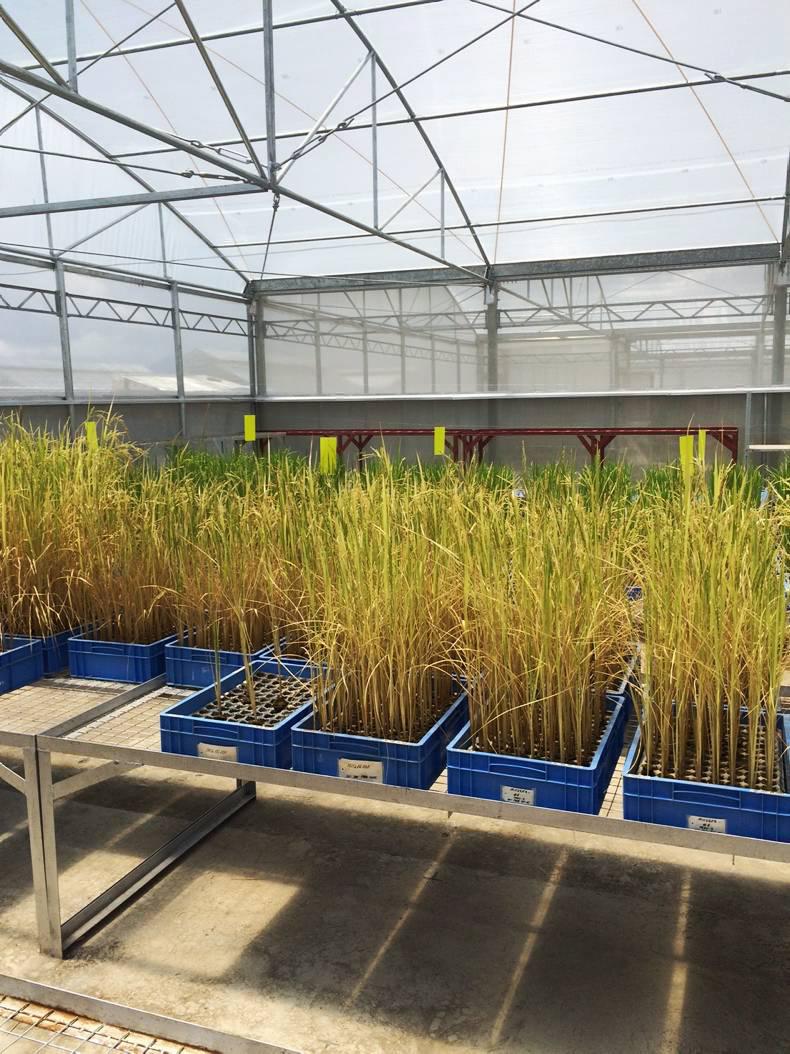This year, as part of my Nuffield Scholarship travels, I had the opportunity to visit the International Rice Research Institute (IRRI) in the Philippines, where I got to see the incredible difference a genetically engineered crop can truly make.
IRRI was founded in 1960 with the help of the Rockefeller and Ford Foundations. The work being done there is both lifesaving and inspirational and a real example of what independent agricultural research can achieve.
IRRI has made a difference since it started the green revolution that resulted in the avoidance of famine, ensured political stability and provided the basis for the current explosion in economic growth we are now seeing in Asia. Its sole mandate is to provide free research and extension to over 200 million rice farmers in that region. Among its current major funders are the Bill and Melinda Gates Foundation and the United Nations.
Vitamin deficiency
Currently, IRRI is leading the development of a vitamin A-enriched genetically engineered variety of rice called golden rice. In developing countries, an estimated 250,000 to 500,000 vitamin A-deficient children become blind every year, half of them dying within 12 months of losing their sight. The poor in the developing world, especially those who rely heavily on rice as their major source of nutrition, are particularly exposed to vitamin A deficiency.
For you and I, this is never a problem. We get our vitamins from a varied and balanced diet. Failing that, we can always pop down to our local pharmacy and buy our vitamins in a bottle. However, for a massive amount of the world’s population, this is simply not an option.
This side of the GMO debate is never publicised or spoken about. Stories like IRRI and golden rice don’t seem to sell papers or encourage website hits. Unfortunately, in most of today’s media bad news, negativity and sensationalism seems to trump stories of amazingly innovative people and organisations that have focused on solutions rather than problems.
The GMO debate has to be open, transparent and based on science. People’s concerns should be addressed with understanding and humility, but most importantly, it needs to be a conversation.











SHARING OPTIONS